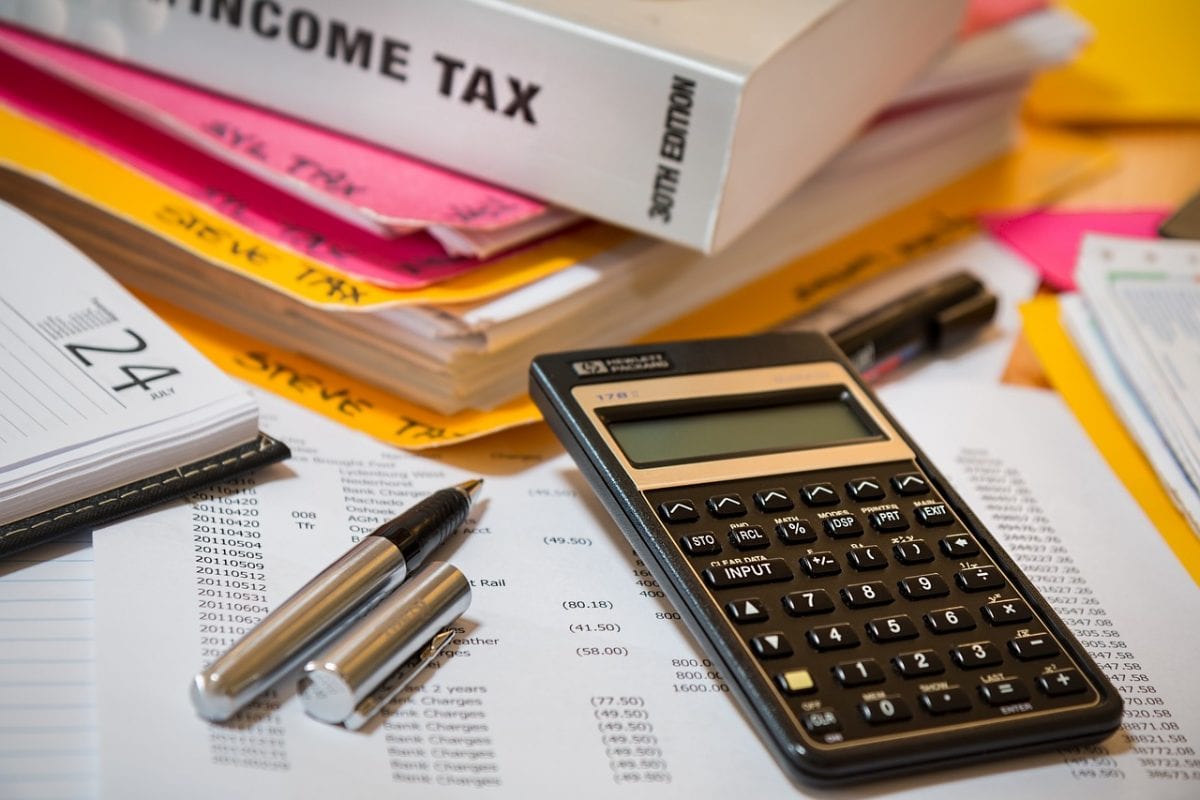How do you calculate your business income for your self-assessment tax return? In the UK, individuals who run a business are deemed as self-employed. As a business owner, you are responsible for filing and paying your own UK Tax each year, as well as filing the relevant corporate or sole trader accounts for your business. While preparing a Self Assessment tax return seems fairly easy, you might be unsure of what to indicate as your business income on the box designated. This is why you must calculate beforehand your business income. While this article provides a guide as to calculating your business income for your self-assessment tax return, you should always seek professional advice and guidance from a registered UK tax accountant like our team at Taxback.
How do you calculate your business income for your self-assessment tax return? Read on to find out
Ideally, you must have an accountant draw up a set of formal accounts. If this is not the case, you need to record details of all your purchases and expenses and your entire turnover. Your taxable profit is basically the remaining amount of turnover after all your business expenses have been deducted. For small businesses, the entire process can get complicated because of the adjustments that have to be made, so that the bottom line for tax purposes will be reached. This is why hiring an accountancy service is highly recommended.
What you should know when calculating Your Business Income for your self assessment?
Let’s take a look in more detail about what you need to know for calculating your business income when filing a self assessment tax return. Remember, it’s always best to consult a tax accountant and make sure your claim is legitimate and that you’re claiming for what you’re owed. We help thousands of people claim tax refunds and make sure they do not overpay on their UK self assessment tax returns.

What common business expenses can be claimed on your UK self assessment tax return?
It would also help if you know common business expenses that you can claim that will include accountancy and professional fees; advertising; business bank, PayPal and credit card charges; car, van, and travel expenses; and irrecoverable debts.
With these details in mind, it is time to get down to the nitty-gritty about how to calculate your taxable business income for your self assessment tax returns
- Make sure that the business accounts you prepare to match the date of the UK financial tax year.
Whatever you earned within the year that you are filing a tax return form must be included in your calculation. For the 2020-21 tax period, for example, you must take note of the income earned between 6 April 2020 and 5 April 2021. - Calculate only the income you made from your business.
Whatever money you put into the business, inheritance, or bank interest that your bank account earned must not be included in your calculation. In a Self Assessment tax return, there are separate pages for different sources of income that must not be confused as a business income. For example, whatever rent you received for personal property must be declared on the property page of a tax return, and should not be calculated with the rest of your business income. - Declare income not yet received in the tax year that you earned it, and not the tax year that you received it.
To illustrate, if you issued an invoice for work done in February 2020, you must include it as income for the 5 April 2019-20 tax year, even if the client paid for it after the end of a tax period. - Declare income not yet invoiced on the year that you carried out the task.
If you are a service provider, your income should be based on when a job is carried out and completed. Even if you issued an invoice after 5 April 2021, income for the said service must be included for the previous tax year. In the event that there is still some work that needs to be done after April, you only need to calculate whatever work was completed before 5 April. - Do not include VAT in your calculation.
If your business is VAT registered, your trading income is based on your sales exclusive of VAT, so there is no point in including it in your calculation. The only exception is when you pay a fixed rate of VAT over to HMRC. It is best to consult with an accountant or tax advisor to determine if the flat rate scheme is right for you.

To discuss the matter further or if you have any questions on the subject or anything else tax-related contact our UK-based self-assessment tax accountants here.
Get help filing your UK self assessment tax return
File a self-assessment tax return online
More Self Assessment Tax Return Help Guides
Self Assessment Penalty Appeal
UK Tax Free Personal Allowance
Guide for filing your self assessment tax return
Why filing your self assessment early is a good idea
Follow taxback.co.uk on Facebook for more news and tips on self assessment tax

